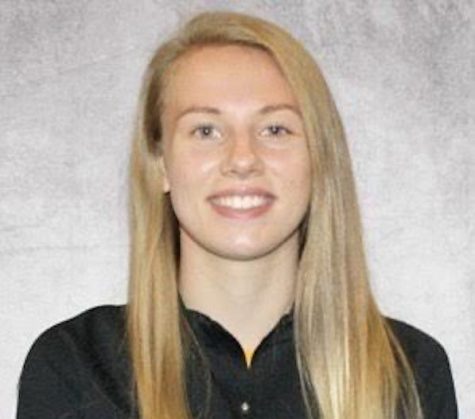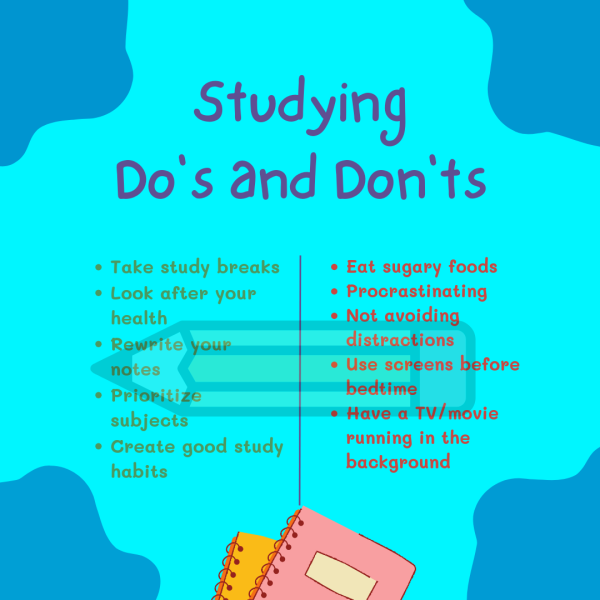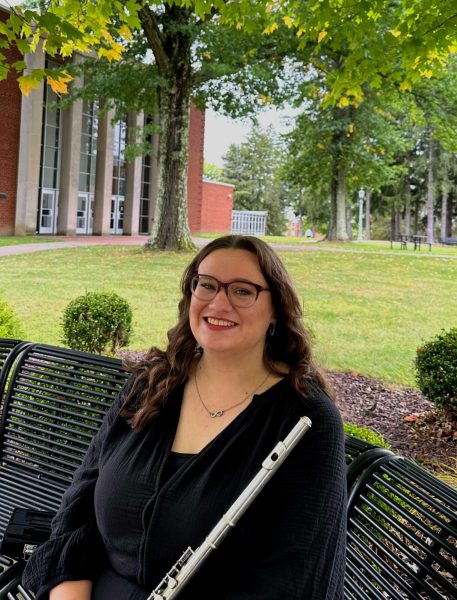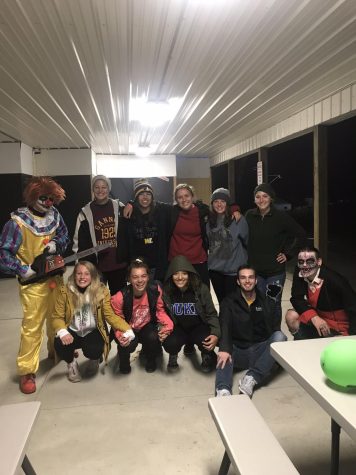Which is better: Zooming into your classes or taking the risk and attending in-seat?
The last 11 months have forced us all to adapt to a different world and adopt a new version of normal. COVID-19 has pushed individuals into isolation to protect the health and safety of people everywhere. Although restrictions on group gatherings have been necessary to help reduce the spread of the virus, it has not been an easy process.
At West Liberty University, and other education institutions all over the world, students and faculty alike have had to become used to schooling remotely and conducting education away from a typical classroom setting. In the first few months of the pandemic, as colleges moved to having strictly online tuition, the video chat service Zoom became a go-to option for many professors, seeing it as the best way to try and replicate meeting in person. Others opted to post course material online and allow students to learn at their own pace whilst being a contact option if support was needed.
Since the start of the pandemic, universities and colleges have allowed students to return to campus. WLU has given students and faculty the option to continue learning online, offering a “hybrid” approach to education. This means that those with underlying conditions who might be more at risk to COVID-19, or have family members who may be more vulnerable, have the option to continue remote learning. It also means that individuals who get the virus or are contact traced will not miss out on material while they are unable to physically attend class. As a result, many classrooms now function with half of students present in-person and half present virtually, via Zoom.
Although in theory this is a good idea, and in practicality is likely the best way to keep people safe inwith such difficult circumstances, there is no doubt that students can abuse the use of Zoom as an option. With the option of staying in bed forbed to for class, rather than going out in the snow and freezing temperatures to physically attend, it’s no surprise that students are opting for the first choice.
However, staying in bed, or attending lectures from home, when there is no valid reason not to physically attend can make learning more challenging. Apart from obvious issues like internet connection and poor camera quality having a split classroom population makes it difficult to have meaningful discussions and to remain engaged in the topic at hand. Dr. Brian Fitzpatrick, a political science professor at WLU, said that teaching in person is easier for several reasons. “First, it is easier for students joining through Zoom to get distracted. Second, it is more difficult to tell when students are confused through Zoom, especially if they have their cameras off. Third, I do a lot of simulations in my courses and, while these can be adapted to Zoom, they work much better in person. A, and finally, it is more difficult for students to get to know one another through Zoom and, therefore, I think this makes them more hesitant to engage in class discussions.”
Even since the start of the pandemic last year, serious strides have been made in the way material is offered to students virtually, with attemptsattempt being made to replicate a classroom environment as much as possible. That being said, nothing can match the experience that comes from being in class with like-minded people. In a university like West Liberty, where small class sizes and cooperative, hands-on style learning is a key strength, getting people back in the classroom is high up on the agenda.
Of course, health and safety is the priority for colleges like WLU and legitimate reasons to opt for remote learning remain valid. “I think students should look at the facts and make their own decision. From my experience students who join courses remotely tend to do worse in the course and not learn as much. On the other hand, a student might have a legitimate fear of catching the virus, especially if they are at high risk and/or they live with someone who is high risk. Part of being in college is learning how to make these types of decisions,” said Fitzpatrick.

Anna Johnston is a WLU senior from Linlithgow, Scotland. This is Johnston’s fourth year as part of the Trumpet team, having taken on a variety of roles...





